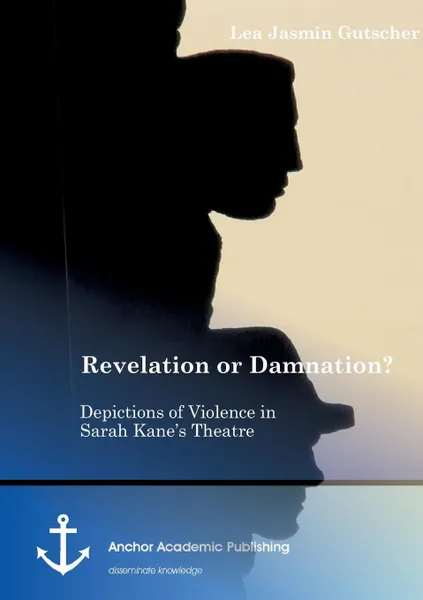Revelation or Damnation. Depictions of Violence in Sarah Kane.s Theatre 12+
Автор: Lea Jasmin Gutscher
108 страниц
Категория: Энциклопедии, справочники
ISBN: 9783954893324
Язык: Английский
📕 With her controversial stage art, the young playwright Sarah Kane broke new dramaturgic ground and made a lasting impression that changed British drama forever. Even though it is part of the canon covering post-war drama, Kane's work has often met with misunderstanding and fierce criticism due to the uncountable representations of atrocities. How can we make sense of Kane's seemingly crude and bleak theatre? Mainly concentrating on the play Cleansed, the author examines the nature of violence in Kane's writing. What purpose does it serve? Is it simply employed for its shock value? Or is it rather used as a metaphor? Kane herself considered her third full-length play as a play about love. In suggesting a figurative reading of the late playwright's texts, the author shows how Kane embraces violence as a metaphor of the various sufferings both love and life perpetrate upon the human being. Locked beneath the revolting cruelties, we can find a vivid theatricality, powerful images, and a unique rhythm and sound of language.
Мнения
